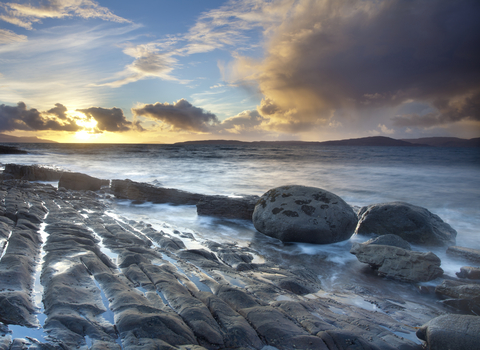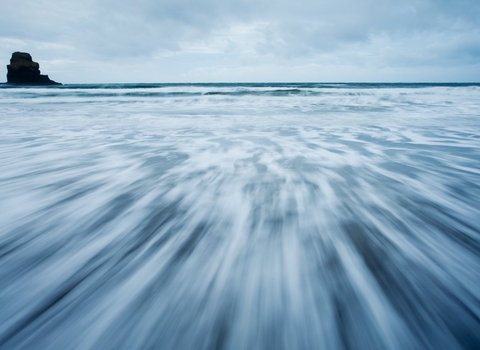Cockle ©Cumbria Wildlife Trust
Cockle
The common cockle is a traditional seaside favourite, both for its white shells often found in the sand and for the yummy snack of cockles doused in malt vinegar.
Cockle ©Cumbria Wildlife Trust

Mark Hamblin/2020VISION
Memberships help us campaign for better protection and management of our seas.
Receive our monthly newsletter packed with marine conservation news from around the world!

Mark Hamblin/2020VISION
Plastic-strewn beaches, fisheries on the verge of collapse and the ever growing effects of global climate change.